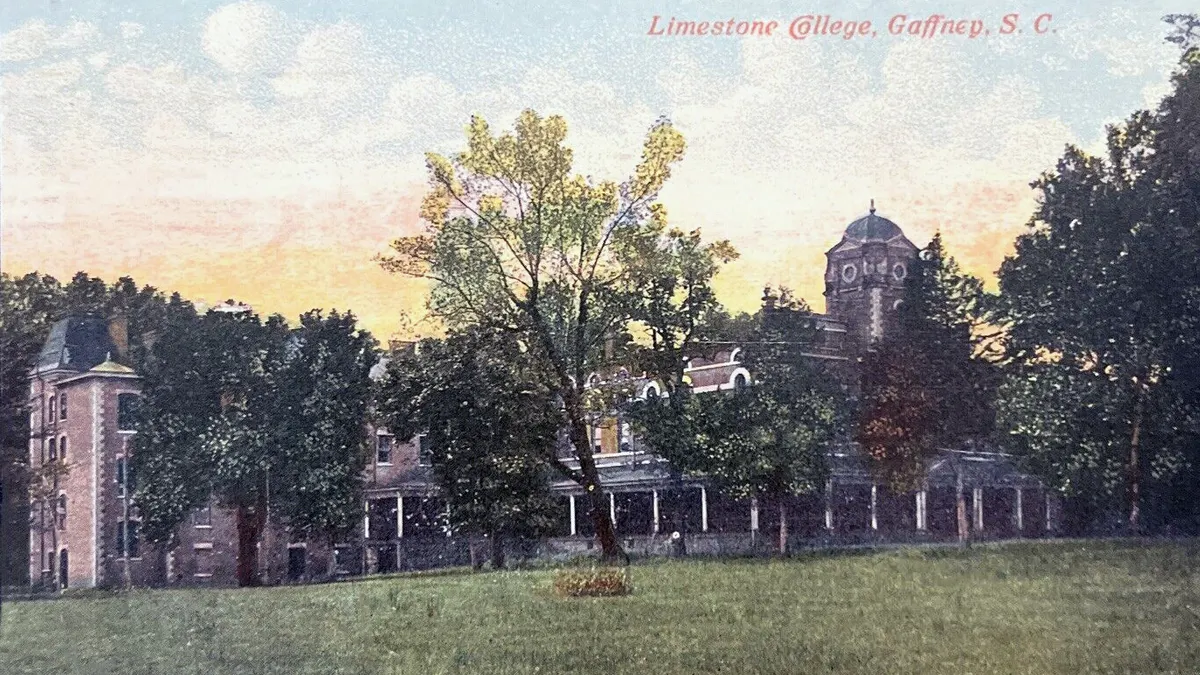Dive Brief:
- PBS NewsHour profiles some of the bureaucracies that are blocking students from degree completion at two and four-year institutions nationwide.
- Unpaid parking tickets, tuition surcharges and late fees, and associated costs with transferring are the hidden amounts that prevent students from registering or attempting to enroll at other schools, which leads to dropouts.
- Many of these charges, which are chronic hindrances for low-income students, do not impact students who can afford higher education and therefore do not rise to the occasion of institutional or industrial reform.
Dive Insight:
This is another example of cyclical prohibitions on students who do not have a lot of discretionary income or who do not come from affluent families. Colleges and universities must function as businesses, with systems that apply fines and penalties for creating extra effort beyond the process of paying for, attending and completing courses.
Officials should understand that not all students are the same, and varying levels of education and wealth impact how functional students can be within these systems, especially if they are the first in their families to seek higher education. Leaders should consider the model of Arrupe College in Chicago, whereby a separate but not unequal system of support, guidelines and review processes for students with financial challenges maintains the goal of completion for vulnerable students.






